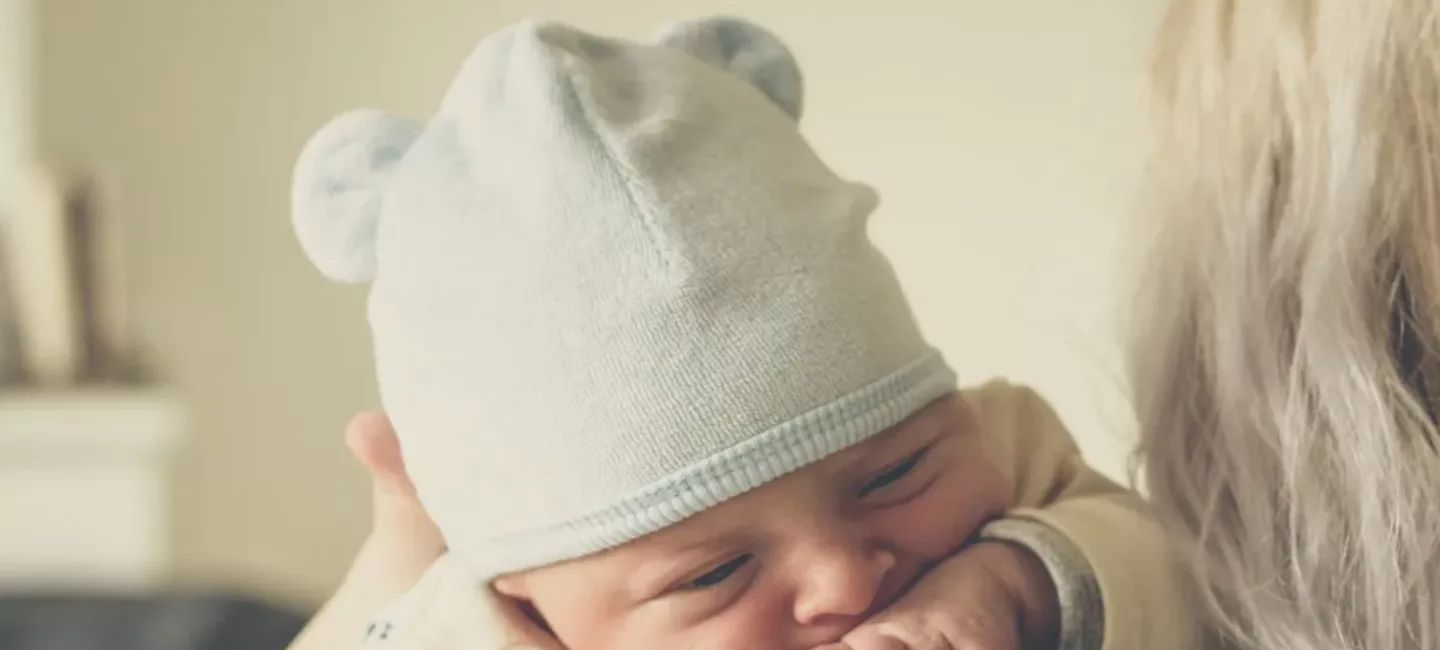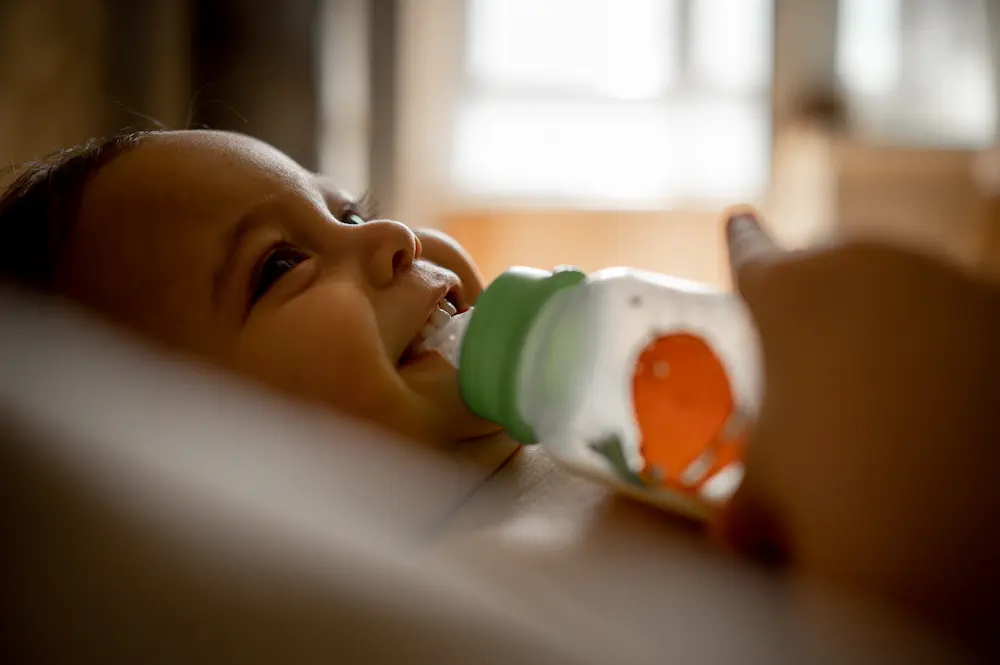
Taking a Bath After a Membrane Sweep: Precautions and Advice

If you are the parent of an infant, you probably already know that burping is important. But do you really know why? By reading this article, you will learn everything there is to know about burping. We also give you some tips on how to help your baby burp properly.
Burping in an infant is an essential step after feeding, whether it is breast milk or formula made from cow’s milk. When an infant feeds, they often swallow air, which can get trapped in their stomach. This swallowed air can cause discomfort, crying, or even gastroesophageal reflux in your baby. Burping helps release the air accumulated in their digestive system. If this air is not expelled, it can cause bloating and abdominal pain. By promoting the expulsion of air, burping prevents digestive discomfort and contributes to greater comfort after meals. Burping also plays a role in preventing gastroesophageal reflux (GER). Excess air in the stomach can worsen regurgitation, a common situation in infants whose digestive system is still developing. Burping helps reduce this reflux by decreasing internal stomach pressure. Finally, if your baby often cries after a meal, burping can help them feel better. Every baby is unique. Some will need to burp more frequently than others. If you notice your baby is restless or crying during or after feeding, this may be a sign that they need to release air from their stomach. 
As you have understood, you can help your baby burp when they need to. Here are some simple steps to help your baby burp:
You can also help your baby burp by sitting them on your lap (facing you or facing out), while supporting their head so it stays upright. Some babies burp immediately during or after feeding, while others need a little more time and patience. If you have doubts or if your baby seems uncomfortable despite your efforts, do not hesitate to consult your pediatrician for personalized advice. Psst..! For more advice, check out our dedicated guide on the May app. 
Sometimes an infant may not manage to burp after drinking from a bottle or breastfeeding. This can lead to digestive discomfort or even crying. Here are some steps and tips to relieve your baby when a burp seems hard to come:
During feedings, don’t hesitate to take regular breaks to allow your baby to burp. This can prevent air from building up in the stomach. If your baby does not seem uncomfortable and shows no signs of gas or colic, it is not always necessary to make them burp after every meal.
The time it takes to get a burp can vary. Some infants burp almost immediately after a meal, while others may take several minutes. It is generally recommended to make sure your baby has the opportunity to burp before going to sleep, especially if you notice signs of discomfort, such as crying or restlessness. However, not all babies need to burp after every meal. If your baby does not seem uncomfortable and shows no signs of distress, it is possible to put them to bed without burping. 
There is no fixed rule, but usually, babies need less help burping after meals around 4 to 6 months of age, when their digestive system becomes more mature and especially when they start eating solid foods. However, every child is unique, and some may need help burping for a longer time. In summary, burping allows your baby to expel air from their stomach after feeding. Babies usually swallow air during bottle feeding or breastfeeding. By around 4 to 6 months, their digestive system becomes more mature, they start solid foods and generally no longer need to burp after meals. Want to learn more? Feel free to download the May app, where you’ll find plenty of resources to support and guide you throughout your journey as a new parent. ** Photo credits: LightFieldStudios | nastuffa | Kenstocker This text was translated from French by an artificial intelligence. The information, advice, and sources it contains comply with French standards and may therefore not apply to your situation. Make sure to complement this reading by visiting the May US/UK app and consulting the healthcare professionals who are supporting you.
Some of the links below may no longer be active. In that case, please feel free to refer directly to the relevant websites.
These resources might interest you

Taking a Bath After a Membrane Sweep: Precautions and Advice


Coloring your hair while pregnant: what precautions should you take?